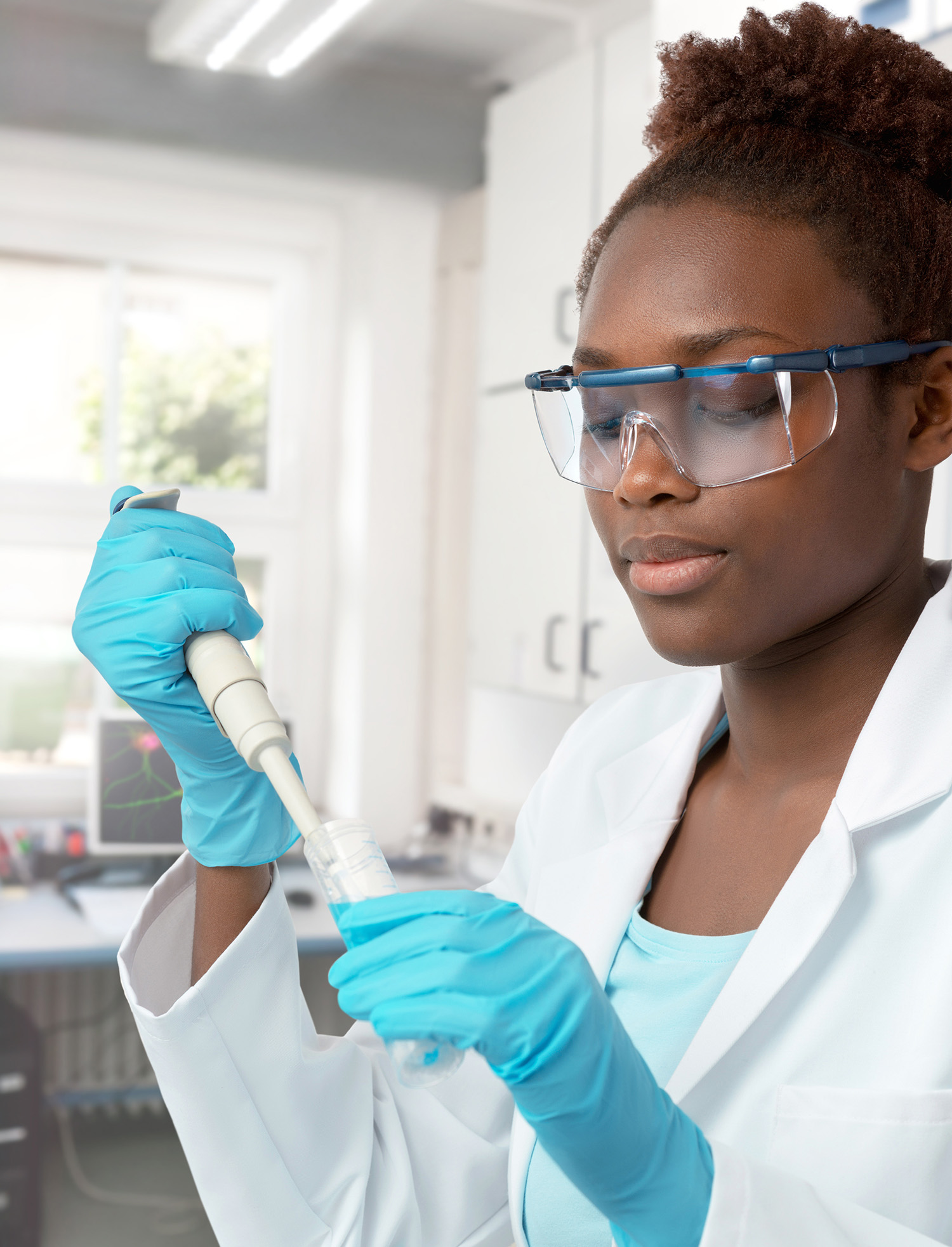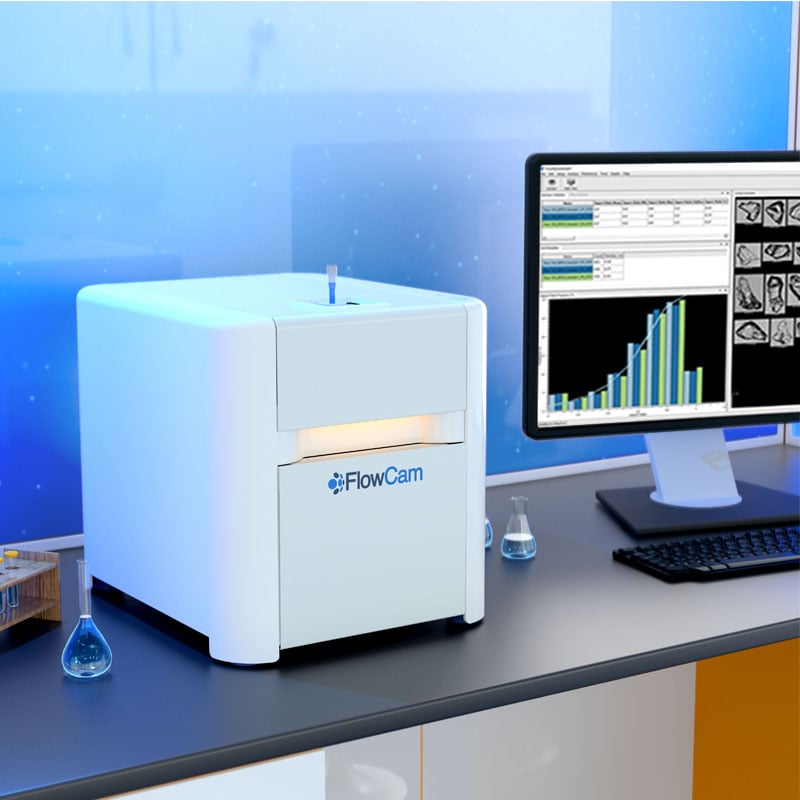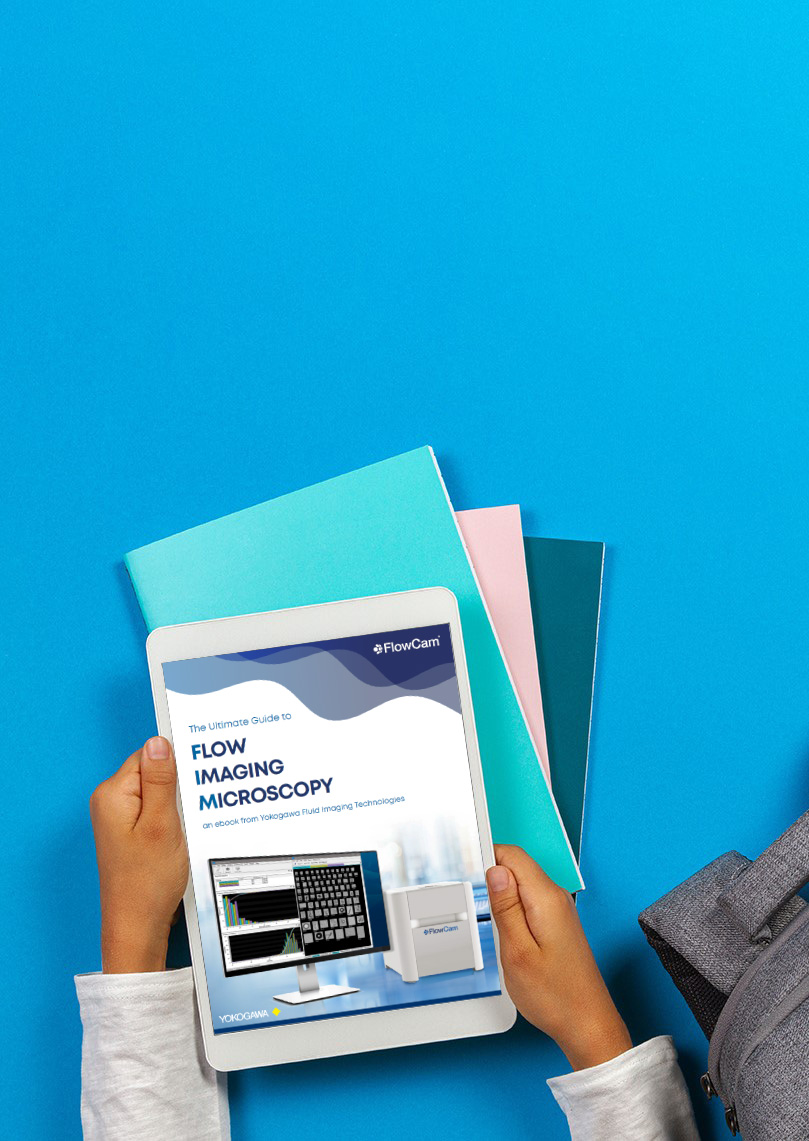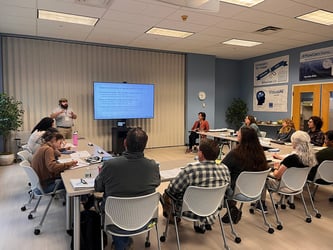 Kent Peterson is the CEO of Fluid Imaging Technologies.
Kent Peterson is the CEO of Fluid Imaging Technologies.
Every summer, around 160 researchers converge at the Workshop on Protein Aggregation and Immunogenicity hosted in Breckenridge, Colorado by the University of Colorado Center for Pharmaceutical Technology and the AAPS Focus Group on Protein Aggregation and Immunogenicity.
At the Workshop, scientists studying the behavior, formation, and effects of protein aggregates and other subvisible particles in therapeutic formulations gather to present their research and discuss industry issues.
The workshop has four main topics of interest:
1) clinical aspects of immunogenicity to therapeutic proteins;
2) model and mechanistic studies of aggregate-induced immunogenicity;
3) insights and challenges with analytical methods; and
4) causes and control of aggregates and particles during bioprocessing and in formulations.
Below are brief summaries of just a few of the many impactful studies presented at the 2018 conference.
New Individualized Particle Regulations for Therapeutic Drug Products
The most heated discussion of the conference came following a presentation by Roman Matheas of Lonza. He proposed redefining the regulatory standards for therapeutic protein products, suggesting that a "one-size-fits-all" approach does not guarantee safety for all products. Rather he proposed that regulations be individualized for each product.
The particle count and size guidelines were defined back in the 1970s and were limited by the best technology at the time: light obscuration. Since then, technology has advanced and our knowledge of particles and their immunogenicity has grown. Matheas proposed that individualized guidelines for each drug product be implemented following rigorous testing and "safe guidelines" have been determined.
AI for Particle Analysis
Dr. Ted Randolph of CU Boulder presented his research on developing Convolutional Neural Networks (CNNs) for particle image analysis. Using FlowCam images, Randolph was able to develop a CNN that could identify what stress the particle was subjected to (agitation, heat, light exposure, etc.) with an accuracy rate of up to 99%.
Nano Particle Impurities Promote Aggregation
An experiment by UC Denver PhD Candidate Scott Pardee revealed that nano particle impurities in sucrose solutions can promote protein aggregation in IVIG when subjected to agitation. Sucrose is a common component in therapeutic protein products known for its ability to enhance the stability of proteins in aqueous solutions. "Monitoring of microparticles alone may not be sufficient in the optimization of safe formulations for therapeutic protein products. Nanoparticle impurities have been observed in sucrose of three tested manufacturers."
Conclusions from the Workshop
As technology advances, we're capable of learning more about the drugs we produce and their implications on human health. Developments in technology call for a reconsideration of our current particulate regulations and guidelines, machine learning and AI has the power to supercharge particle analysis, and new technology sheds light on previously unseen & unnoticed particles causing aggregation.











